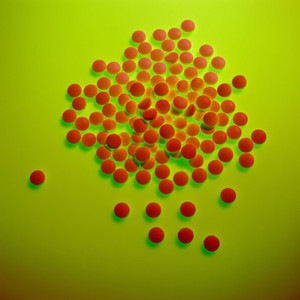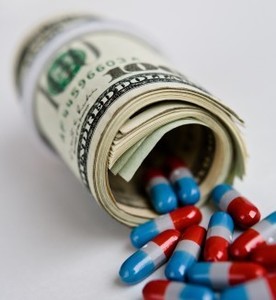Not happy with its current control over the price of drugs in the country, the Indian Government has announced plans to launch its own brand of low cost generics.
Indian Government to launch own brand of generics
Home/Pharma News
|
Posted 06/03/2015
 0
Post your comment
0
Post your comment

The ‘Jan Aushadhi’ brand will be launched on 1 July 2015 and will be available in both Jan Aushadhi stores and retail pharmacies in India.
The first Jan Aushadhi store was opened in November 2008, but the performance and achievements in the last five years have been ‘below par’, according to the Indian Government. Problems identified by the government include a poor supply chain, the sourcing of drugs exclusively from central public sector units (CPSUs – or government-owned corporations) and a lack of a focussed publicity campaign.
In order to address these issues the government has formulated a new business plan for the stores, with changes to be implemented including:
- Simplification of identification of operating agencies
- Process opened for pharmacists/entrepreneurs to be appointed as operating agencies
- Possibility for stores to be opened outside hospitals
- Widening of the drugs offered at stores to 361 drugs covering all therapeutic categories
- Online supply chain management to monitor availability of drugs
- Sourcing of drugs no longer restricted to only CPSUs
The government has established its own procurement system and a central warehouse to house its Jan Aushadhi generics, ensuring strict adherence to quality protocols. The drugs will be acquired in bulk from public as well as private drug manufacturing firms and re-branded under the Jan Aushadhi brand. These will then be sold in the retail market at a competitive price, allowing consumers to buy a cheaper yet quality product from the government.
The government plans to open a further 3,000 new Jan Aushadhi stores in the next four years and is planning an awareness and media campaign to encourage doctors to prescribe generics. Several surveys have shown that generics in India have a poor quality image, both in the mindset of prescribers as well as patients, despite studies showing that generics are of the same quality as brand-name medicines.
Convincing doctors to prescribe drugs by their generic names rather than by brand names is critical for the revival of Jan Aushadhi scheme. Currently, pharmacists are not legally allowed to substitute unbranded generics in place of prescribed branded generics in India.
The move to revitalize the Jan Aushadhi scheme comes in the wake of the Indian Government’s decision to scrap plans to extend price cuts on both generic and brand-name drugs to include ‘non-essential’ drugs [1].
Related articles
First infliximab ‘similar biologic’ launched in India
India to make prescribing of generics compulsory
Reference
1. GaBI Online - Generics and Biosimilars Initiative. India drops planned price caps on non-essential drugs [www.gabionline.net]. Mol, Belgium: Pro Pharma Communications International; [cited 2015 Mar 6]. Available from: www.gabionline.net/Policies-Legislation/India-drops-planned-price-caps-on-non-essential-drugs
Permission granted to reproduce for personal and non-commercial use only. All other reproduction, copy or reprinting of all or part of any ‘Content’ found on this website is strictly prohibited without the prior consent of the publisher. Contact the publisher to obtain permission before redistributing.
Copyright – Unless otherwise stated all contents of this website are © 2015 Pro Pharma Communications International. All Rights Reserved.
Source: Jan Aushadhi, WHO
Guidelines
US guidance to remove biosimilar comparative efficacy studies
New guidance for biologicals in Pakistan and Hong Kong’s independent drug regulatory authority
Policies & Legislation
China updates regulations to encourage research and innovation and improved drug safety
Brazil and Mexico forge alliance to streamline medical approvals and boost production
Formycon signs new aflibercept biosimilar pacts and launches ranivisio in Europe

Home/Pharma News Posted 13/11/2025
The best selling biotechnology drugs of 2008: the next biosimilars targets









Post your comment